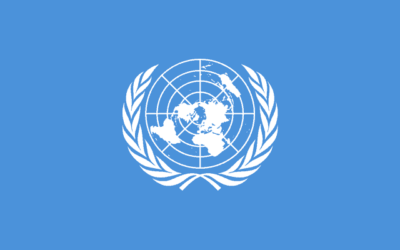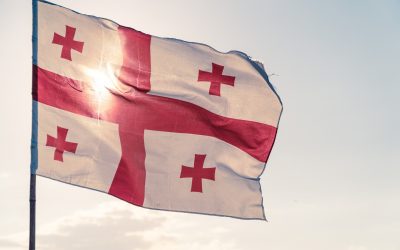Трудові права охоплюють широкий спектр прав людини, від права на гідну працю та свободу асоціацій до рівних можливостей і захисту від дискримінації. Конкретні права, пов’язані з робочим місцем, включають право на здоров’я та безпеку на робочому місці та право на приватність на роботі, серед багатьох інших. З огляду на взаємовідносини між працівниками, роботодавцями та державою, права працівників є тим місцем, де «бізнес» і «права людини» найчастіше перетинаються.
Права працівників на міжнародному рівні викладені в ряді конвенцій і договорів з прав людини, включаючи Загальну декларацію прав людини (статті 23 і 24, 1948 р.) і Мфжеародний пакт про економічні, соціальні та культурні права (1966 р.), які передбачають :
- Право кожного на можливість заробляти собі на життя працею, яку він/вона вільно обирає або на яку погоджується
- Право на користування справедливими та сприятливими умовами праці, зокрема на оплату, яка забезпечує всім працівникам, як мінімум, справедливу заробітну плату та рівну винагороду за працю рівної цінності, а також гідне життя для себе та їхніх сімей
- Безпечні та здорові умови праці
- Рівні можливості для кожного отримати підвищення на посаді до відповідного вищого рівня без урахування інших міркувань, крім стажу та компетентності
- Відпочинок, дозвілля та розумне обмеження робочого часу, оплачувані періодичні відпустки, а також винагорода за роботу в святкові дні
- Право кожного створювати профспілки та вступати до них за власним вибором, а також право на страйк за умови, що воно реалізується відповідно до законодавства конкретної країни.
Глобальна нерівність у владі робить можливою модель бізнесу, спрямовану на максимізаціб прибутку, яка формує глобальну економіку, що надає перевагу прибутку над людьми. Домінування цієї моделі сприяє різним формам експлуатації, включаючи заробітну плату, розмір якої призводить до бідності, дискримінацію та насильство, репресії проти профспілок та колективних організацій, зростання нестабільності роботи та відсутність соціального захисту. Ця експлуатація праці та відносини з провідними брендами та роздрібними торговцями часто приховані складною та непрозорою мережею глобальних ланцюгів поставок.
Текст адаптовано з веб-сайту Global NAPs Данського інституту прав людини та порталу з трудових прав Ресурсного центру з бізнесу і прав людини.









